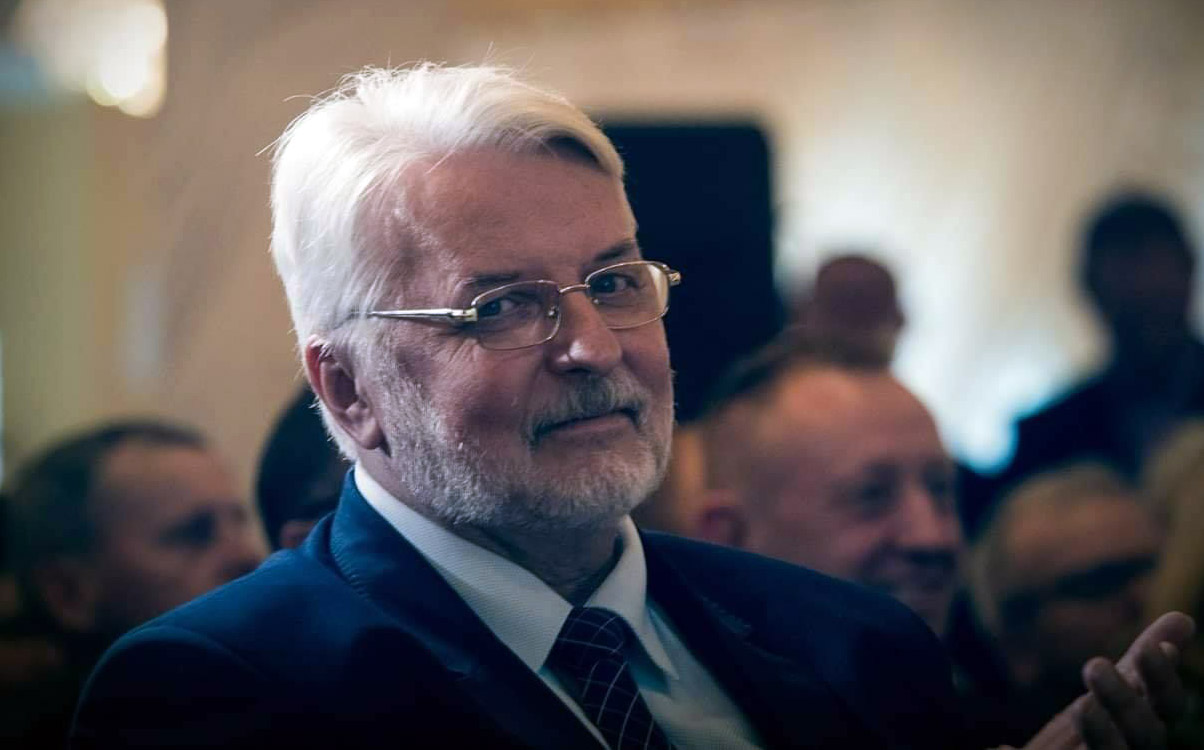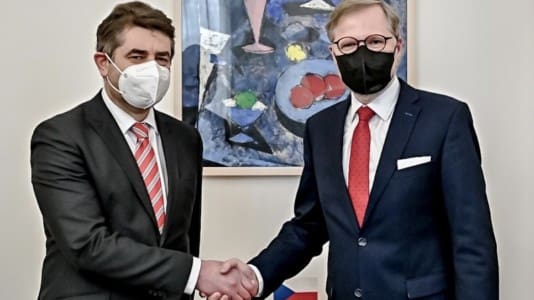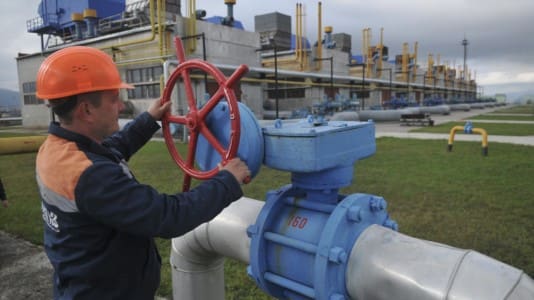Law and Justice (PiS) MEP and former Polish FM Witold Waszczykowski responded to the Polish opposition’s claims that “Putin’s best friends” had met on Saturday in Madrid where conservative and right-wing parties’ leaders held a summit.
“Putin’s friends were not present in Madrid. Merkel, Gerhard Schroeder and several other activists who had built two gas pipelines, a military command center near Moscow, wanted to build the Mistral ships and landing vessels for Putin had not attended,” he sarcastically declared during his interview in Polish public television TVP.
Witold Waszczykowski admitted that while politicians such as Matteo Salvini — who had once put on a shirt with Putin were present at the event — such actions did not mean that someone was immediately pro-Russian.
“Politicians from the European countries located far away from the Russian-Ukrainian conflict had attended the summit and some things have to be explained to them,” he said.
The former Polish foreign minister emphasized the importance of building cooperation between conservative parties, as “there was an imbalance in Europe.”
“We are observing an appropriation of political discourse by the liberal-left majority, which has been pushing out conservative thought. Moreover, this majority has been overrepresented in European institutions and is trying to appropriate additional prerogatives which do not stem from European law. This all makes it so that we must build balance in Europe so that we do not suddenly wake up in a federal Europe dominated as part of a German hegemony,” he said.
Waszczykowski also did not exclude the possibility that when it came to Ukraine, Putin would use the “salami” strategy and take only a small part of the country. He believed that this was suggested to the Russian president through Joe Biden’s words that if a smaller incursion took place, smaller sanctions would be imposed.
Waszczykowski warned that Putin’s main goal was to reestablish the power that the former Soviet Union had possessed.
The PiS MEP pointed out that Europe was not unified in the face of a possible Russian aggression on Ukraine, and that the approaches of particular states and institutions should be observed.
“The position of the representative of European diplomacy is such that the EU is not an institution which deals with security and resolving armed conflicts, especially the Russian-Ukrainian one. The EU has withdrawn from this game and given ground to European powers which are led by Germany which wanted to dominate the European market through gas deliveries and push out Polish coal and French nuclear power,” Waszczykowski explained.






